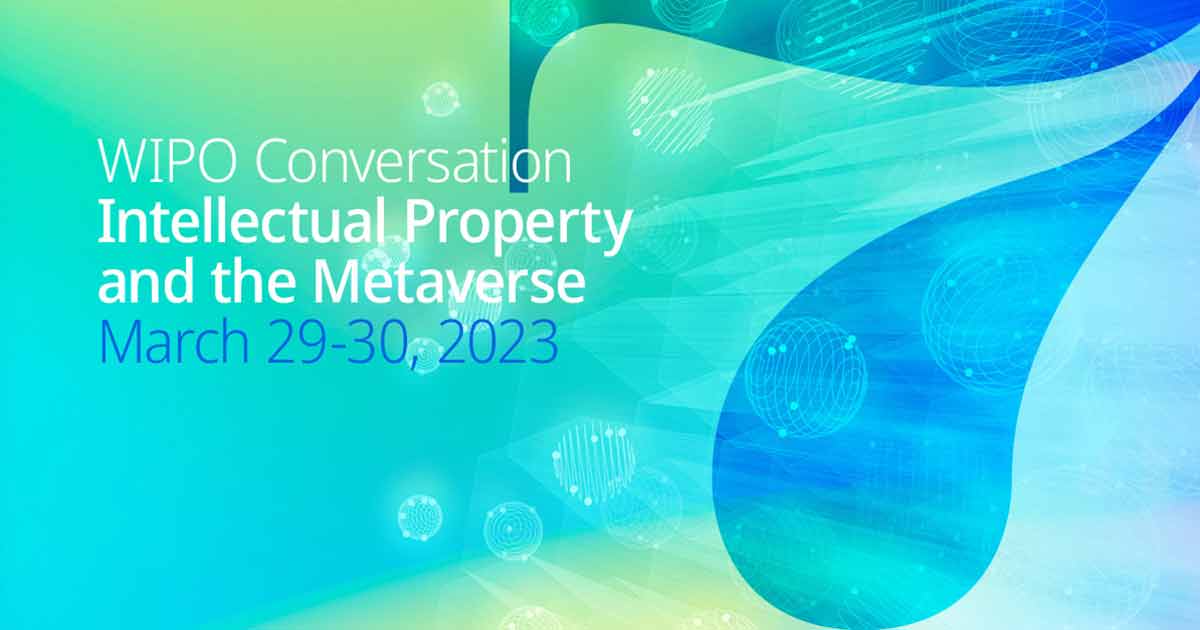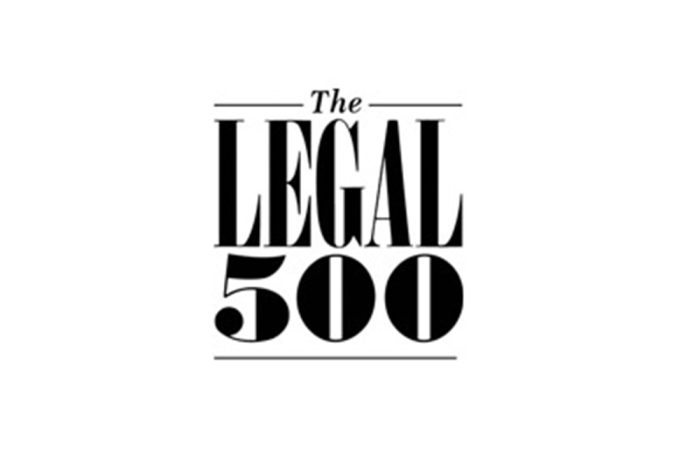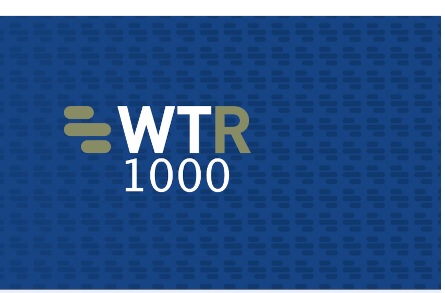IP Cyprus will join the coming event of World Intellectual Property Organisation (WIPO) entitled ” Conversation on Intellectual Property and Frontier Technologies”.
This is the seventh Session of the WIPO Conversation and is taking place on March 29 and 30, 2023.
The event will have a look on wide spectrum of frontier technologies enabling the metaverse, such as AI, blockchain and the NFTs, emerging AR and VR technologies, the Internet of Things and data processing and discuss the challenges the metaverse poses to the existing IP system. It will seek to bring together all stakeholders to provide a map for navigating these challenges to ensure innovation continues to grow and develop for the benefit of all.
The concept of the metaverse has been around for decades, but it is only recently that it has become a topic of discussion in the mainstream. The metaverse is a virtual universe that is made up of multiple interconnected virtual worlds, where people can interact with each other and the virtual environment. It is essentially a 3D version of the internet, and it is expected to become a major part of our lives in the near future.
The metaverse has the potential to revolutionize many aspects of our lives, including entertainment, education, and commerce. It will create new opportunities for businesses and entrepreneurs, and it will also create new challenges for the existing intellectual property (IP) system. In this article, we will discuss the impact of the metaverse on the IP system and the challenges that it poses.
AI and the Metaverse
One of the most important technologies that will shape the metaverse is artificial intelligence (AI). AI will be used to create intelligent agents that can interact with users in the virtual environment. These agents will be able to learn from user interactions and adapt to their preferences and behaviors. They will also be able to communicate with other agents and collaborate on tasks.
AI will also be used to create virtual characters that can interact with users in the metaverse. These characters will be able to recognize and respond to user emotions and behaviors, creating a more immersive experience for users.
Blockchain and NFTs
Another technology that will play a key role in the metaverse is blockchain. Blockchain is a distributed ledger technology that allows for secure and transparent transactions without the need for intermediaries. It will be used to create a decentralized economy in the metaverse, where users can buy, sell, and trade virtual assets.
Non-fungible tokens (NFTs) are a type of digital asset that can be used to represent ownership of unique items in the metaverse, such as virtual real estate, virtual art, and virtual collectibles. NFTs are stored on the blockchain, which ensures that they are secure and cannot be duplicated.
Emerging AR and VR Technologies
Augmented reality (AR) and virtual reality (VR) are also important technologies that will shape the metaverse. AR allows users to overlay digital information onto the real world, while VR creates a completely immersive virtual environment.
AR and VR technologies will be used to create more realistic and immersive experiences in the metaverse. For example, users will be able to attend virtual concerts and events, explore virtual museums and galleries, and shop in virtual stores.
The Internet of Things
The internet of things (IoT) is a network of connected devices that can communicate with each other and the internet. IoT devices will play a key role in the metaverse, as they will be used to collect data and create more personalized experiences for users.
For example, smart homes in the metaverse will be able to automatically adjust lighting, temperature, and other settings based on user preferences and behaviors. IoT devices will also be used to create more realistic and interactive environments in the metaverse.
Challenges to the Existing IP System
The metaverse poses several challenges to the existing IP system. One of the biggest challenges is the ownership of virtual assets. In the real world, ownership is determined by physical possession and legal documents. However, in the metaverse, ownership is determined by digital records and cryptographic keys.
This creates several challenges for the existing IP system, as it is not designed to handle digital assets that exist in a virtual environment. For example, how do you prove ownership of a virtual piece of art? How do you enforce copyright laws in the metaverse?
Another challenge is the ease of copying and distributing digital assets in the metaverse. In the real world, it is difficult and expensive to make exact copies of physical objects. However, in the metaverse, digital assets can be easily copied and distributed without permission, which can lead to widespread infringement of IP rights. This raises questions about how to protect IP rights in the metaverse and how to prevent piracy and counterfeiting.
Additionally, the global nature of the metaverse also presents challenges for the existing IP system. IP laws vary by country, and it is difficult to enforce IP rights across borders. The metaverse will be accessible to people from all over the world, which means that IP owners will need to navigate a complex web of international IP laws and regulations.
Moreover, the metaverse blurs the lines between different types of IP rights. For example, virtual real estate in the metaverse may involve aspects of trademark law, copyright law, and property law. This creates complex legal issues that need to be addressed.
Conclusion
The metaverse has the potential to transform many aspects of our lives, but it also poses challenges for the existing IP system. To fully realize the potential of the metaverse, it is essential to address these challenges and develop a framework for protecting IP rights in the virtual world. This may involve developing new laws and regulations, creating new types of IP rights, and finding innovative ways to enforce IP rights in the metaverse. The future of the metaverse will depend on how well we can address these challenges and create a legal framework that supports innovation and creativity in the virtual world.





